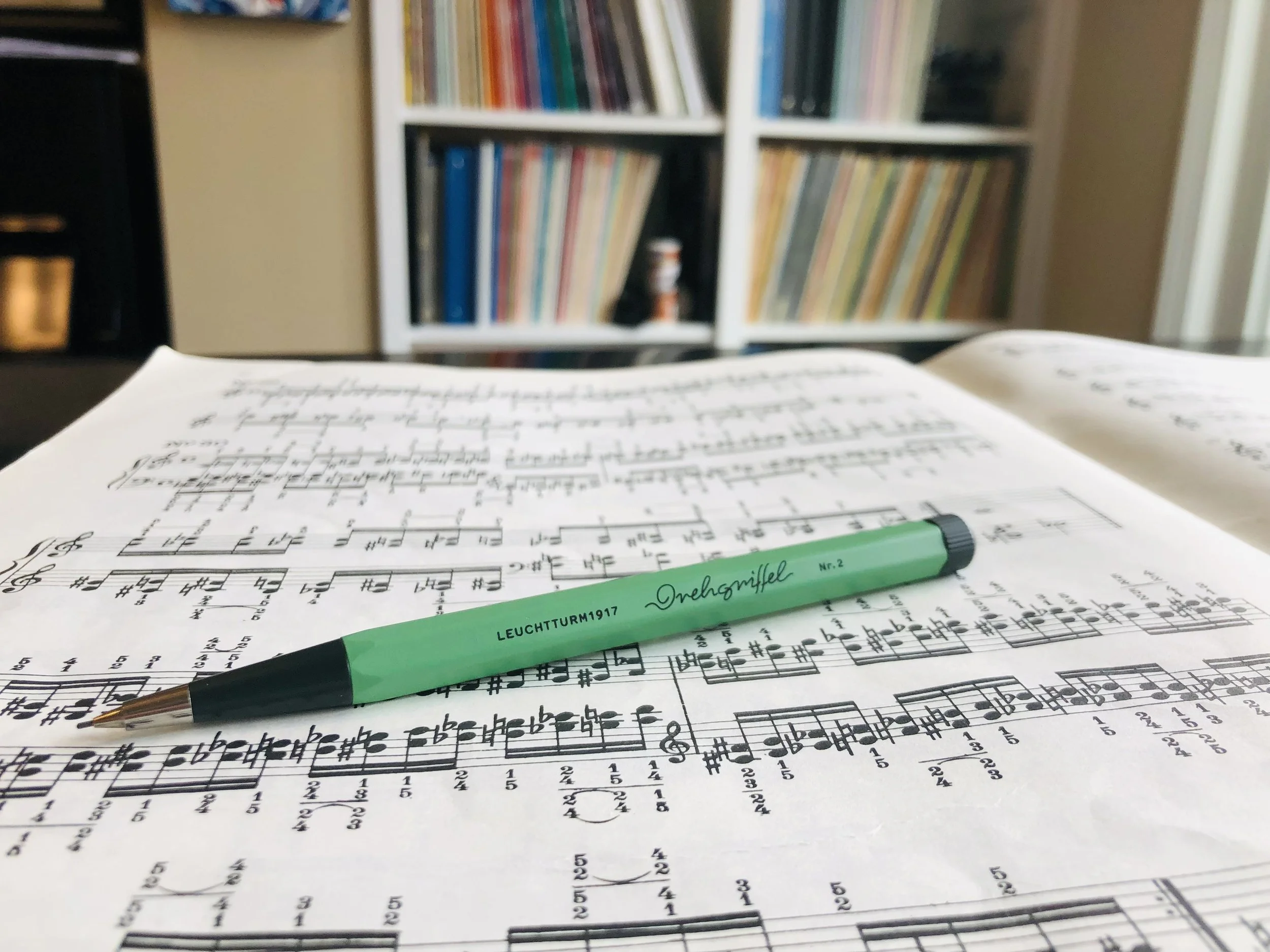One of the strengths of The Royal Conservatory’s Certificate Program is how technique is fully integrated with the repertoire and musicianship components of each RCM level. However, once you pass Level 10 and move on up to the associate levels, there are no longer any specific technical requirements* beyond the mandatory List F etude.
At this level more than ever, pianists need a regular technical regimen in order to grow pianistically, and beyond a certain point, the full complement of scales, chords and arpeggios in the 2008 Piano Technique Book can be a bit limiting.
Below is a listing of public domain resources to work through over the course of your advanced studies and beyond. Some of these pdfs are rather large, so you might find it useful to print out only what you need. Otherwise all of these can be used on iPad apps such as forScore.
Hanon - The Virtuoso Pianist. I recommend the first 20 exercises for the most part, as well as 21-30 afterwards. For an extra challenge, you can develop considerable dexterity by learning the first 20 in all 12 major keys, as well as in a variety of different rhythms.
Pischna - Technical Studies. These exercises are useful in small doses for dexterity and alignment.
Dohnanyi - Essential Finger Exercises. The first section is similar to Pischna, but the following sections explore a wide variety of technical skills in interesting ways. I particularly like the octave arpeggio exercises near the end of the book.
Czerny - 160 Short Studies. Each of these 160 short studies is only 8 bars long and can be learned in one session. There’s always something new to explore with these, and they can be tackled numerically or in whatever order you choose.
Kullak - School of Octave Playing. Octaves figure prominently the advanced repertoire, and Kullak’s approach helps you learn these skills effectively. The brave of heart can work through the 7 Octave Studies that comprise the second part.
Tausig - Studies in Double Thirds. Carl Tausig’s scale system in 3rds covers all the major and minor keys with excellent fingerings. These can be very helpful with legato skills.
Liszt - Technical Studies. Franz Liszt’s works for piano are some of the towering highlights of the piano repertoire. Within these 12 books of technical studies you’ll find preparatory exercises for almost all the challenges he throws at you in his piano works.
Brahms - 51 Exercises. These mostly short studies are not for the faint of heart, but offer a variety of technical approaches to help you to get around the challenges of Brahms’ piano works.
Advanced piano technique is like CrossFit for piano. Rather than limiting yourself to the same regimen every single day. I recommend a variety of approaches. If you change up your technical routines, you’ll develop a sizeable bag of tricks that can be applied to many situations in the repertoire. With the guidance of a first-rate teacher, you can also discover the right way to work through these exercises while avoiding injury.
* NB: unless you’re doing the Advanced Piano Pedagogy Practical exam.
